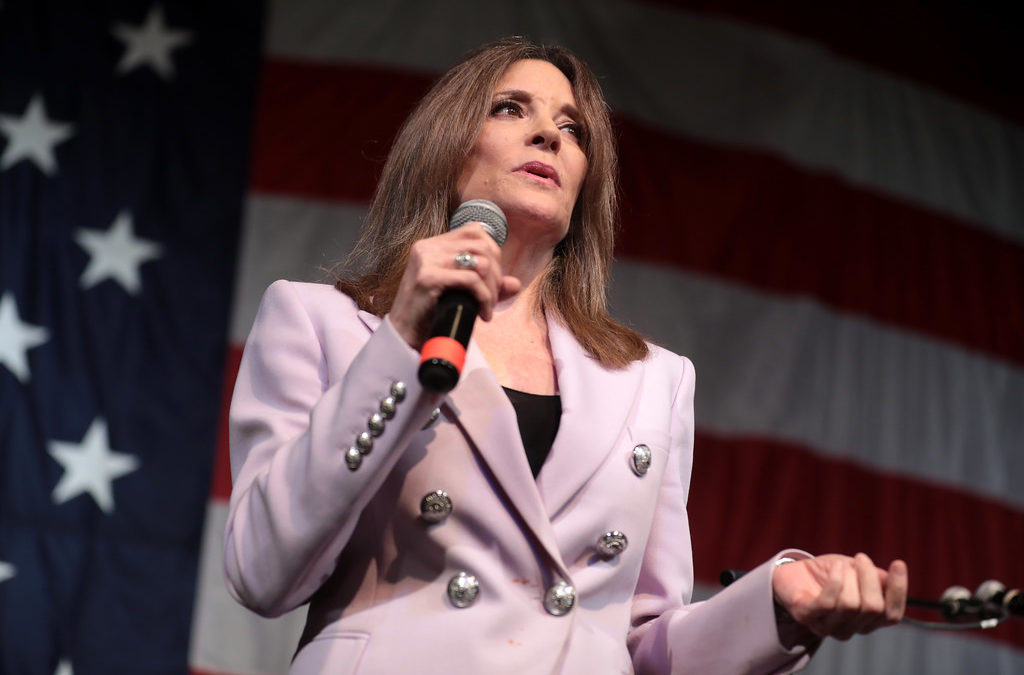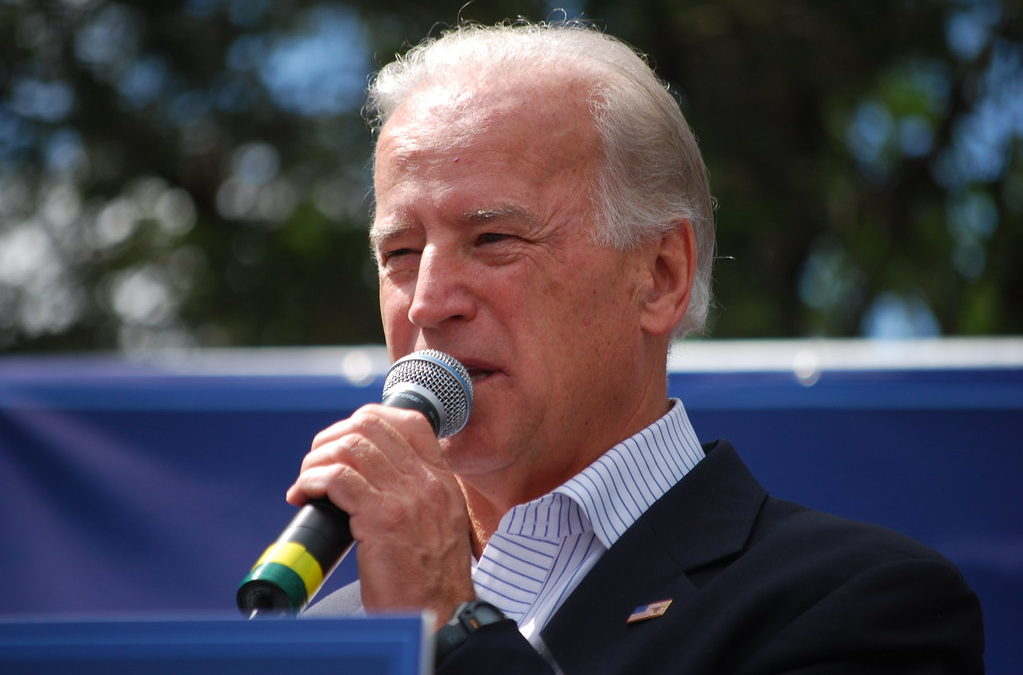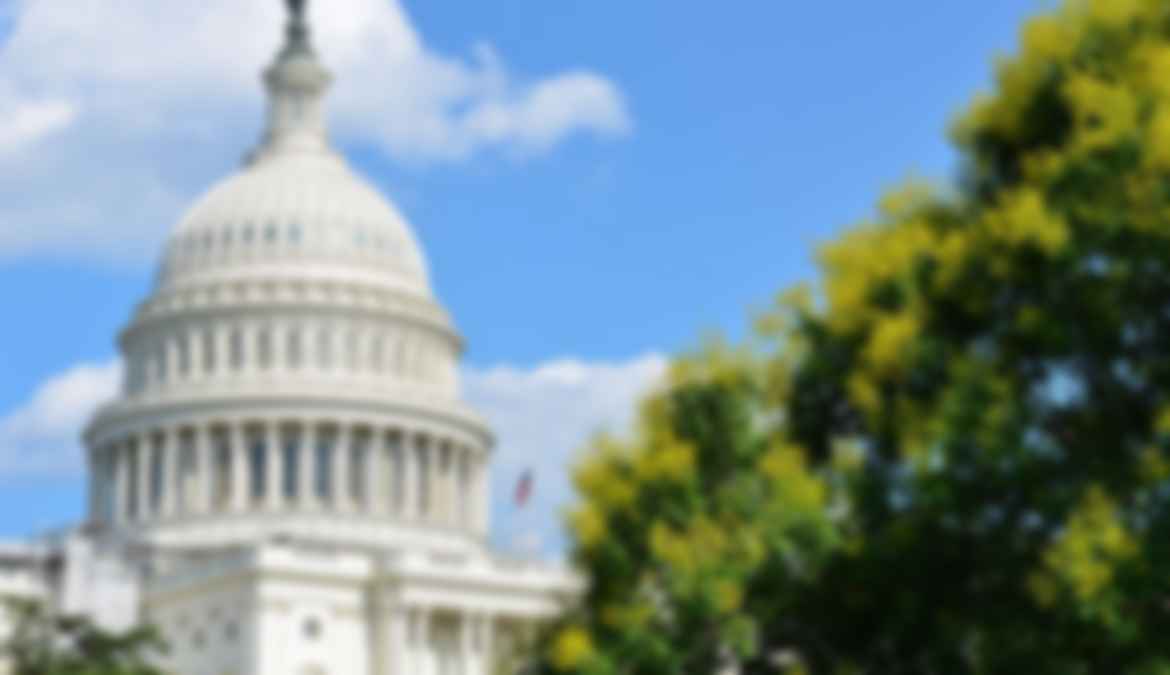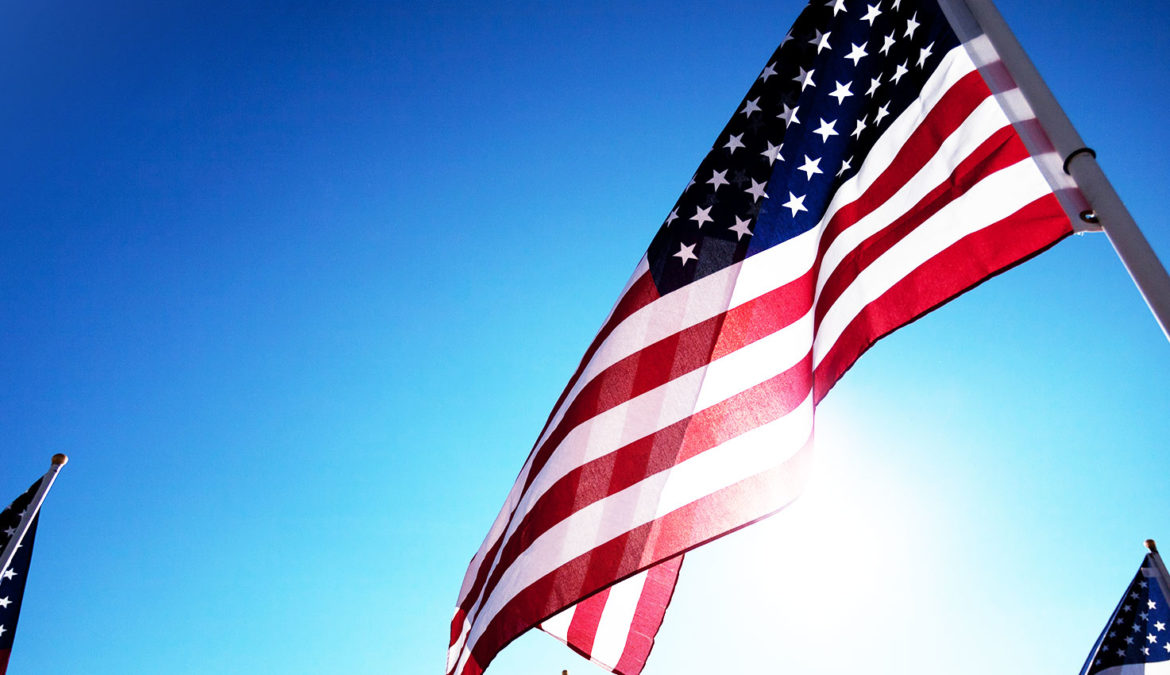House Speaker Nancy Pelosi, D-Calif., announced Thursday that she was asking the House Judiciary Committee and chairmen of other committees to proceed with drafting articles of impeachment against President Donald Trump, saying “the president leaves us no choice but to act.”
“Sadly, but with confidence and humility, with allegiance to our founders and our heart full of love for America, today, I am asking our chairmen to proceed with articles of impeachment,” Pelosi said in a brief televised statement from the Capitol, speaking directly to the American people.
The facts of Trump’s alleged wrongdoing involving Ukraine, she said, “are uncontested.”
“The president abused his power for his own personal, political benefit at the expense of our national security by withholding military aid and crucial Oval Office meeting in exchange for an announcement of an investigation into his political rival,” Pelosi said, adding that his actions “seriously violated the Constitution.”
“Our democracy is what’s at stake,” Pelosi continued. “The president leaves us no choice but to act because he is trying to corrupt, once again, the election for his own benefit.”
Pelosi began her statement citing deliberations by the Founding Fathers with regard to impeachment, saying in particular that “they feared the prospect of a king-president corrupted by foreign influence.”
To protect the nation from that possibility, Pelosi said that the founders “created a Constitutional remedy to protect against the dangerous or corrupt leader — impeachment.”
The House Judiciary Committee announced afterward that it will hold its next impeachment hearing on Monday at 9 a.m. ET, when the panel will receive presentations from Democratic and GOP counsels to the Intelligence Committee on the evidence collected in the inquiry.
Pelosi did not say whether she had set a deadline for committees to write the articles of impeachment or when a full House vote would take place. Members who attended a closed-door Democratic caucus meeting on Wednesday, however, said they understood that the House would vote on articles before the holiday recess. One member said they were told to “not make plans” for Dec. 21 or 22, the weekend before Christmas.
The speaker did not specify whether the articles would encompass other oversight investigations that Democrats had already been conducting before the Ukraine case surfaced. Some lawmakers have floated the idea of wrapping in articles that would involve findings from the Mueller report, but no final decisions have been made.
At her weekly press conference later Thursday morning, asked what her “aha moment” was, Pelosi said that moment for the country occurred when the intelligence community’s inspector general informed Congress about the whistleblower complaint “of grave concern” about the president’s conduct involving Ukraine.
“The facts of the Ukraine situation just changed everything,” she said.
At the end of her press conference, Pelosi began to walk off stage and a reporter shouted from the audience, “Do you hate the president?”
“I don’t hate anybody,” said Pelosi, who then walked back to the microphone.
“As a Catholic, I resent that you use the word ‘hate’ in a sentence that addresses me. I don’t hate anyone. I was raised in a way that is a heart full of love,” she said. “Don’t mess with me when it comes to words like that.”
Pelosi’s announcement came a day after the House Judiciary Committee held its first hearing in the inquiry in which three of the four witnesses argued that Trump committed impeachable offenses, including in his campaign to pressure Ukraine to investigate the Bidens. The three scholars were called as witnesses by Democrats on the committee, while the fourth, a Republican witness, said impeachment was not warranted at this time.
Earlier this week, Democrats on the House Intelligence Committee released a 300-page report on Trump’s conduct, saying the investigation “uncovered a months-long effort by President Trump to use the powers of his office to solicit foreign interference on his behalf in the 2020 election.” It also made clear that the president and his White House have obstructed the impeachment inquiry by blocking witnesses from complying with subpoenas requesting testimony or certain documents. Republicans, in a separate report, said Trump did nothing wrong.
About an hour and a half before Pelosi delivered her remarks, the president appeared to dare Democrats to impeach him and said they should just get it over with.
“The Do Nothing Democrats had a historically bad day yesterday in the House. They have no Impeachment case and are demeaning our Country. But nothing matters to them, they have gone crazy. Therefore I say, if you are going to impeach me, do it now, fast….”
Trump continued in a follow-up tweet by saying that he wants a fair trial in the Senate and said, “We will have Schiff, the Bidens, Pelosi and many more testify, and will reveal, for the first time, how corrupt our system really is. I was elected to “Clean the Swamp,” and that’s what I am doing!”
After Pelosi spoke, the president blasted her remarks. “The Do Nothing, Radical Left Democrats have just announced that they are going to seek to Impeach me over NOTHING. They already gave up on the ridiculous Mueller ‘stuff,’ so now they hang their hats on two totally appropriate (perfect) phone calls with the Ukrainian President…” he wrote on Twitter.
He later added: “Nancy Pelosi just had a nervous fit. She hates that we will soon have 182 great new judges and sooo much more. Stock Market and employment records. She says she ‘prays for the President.’ I don’t believe her, not even close. Help the homeless in your district Nancy. USMCA?”
White House press secretary Stephanie Grisham also weighed in, saying the House speaker and Democrats “should be ashamed.”
Trump “has done nothing but lead our country — resulting in a booming economy, more jobs & a stronger military, to name just a few of his major accomplishments,” Grisham tweeted. We look forward to a fair trial in the Senate.”
Rep. Doug Collins, R-Ga., ranking member on the Judiciary Committee, tweeted that Nadler told him this week to provide him with his witness list.
“But Pelosi’s press conference seemed to indicate we’re moving straight to articles of impeachment. Judiciary has jurisdiction over articles of impeachment, but does the chairman even know what’s going on?”
On the Democratic side, Rep. Debbie Wasserman Schultz, D-Fla., said she felt Pelosi’s call to move forward with articles of impeachment is “entirely appropriate” because “the evidence that the president abused his power is overwhelming” and is “deserving of impeachment.”
Congress is scheduled to be in session until Christmas week, and Democrats are facing pressure to wrap up their end of the impeachment process before the end of the year, possibly with a floor vote of the House on whether Trump should be impeached. If the House impeaches the president, the process then moves to the Senate, which is expected to hold a trial early next year.
By Rebecca Shabad [NBC]






